Cox's Bazaar becomes a Rohingya refugee camp. Stories of Violence and Pain (Videos and Photos)
There are about 20 thousand people in the city of Ukhiya. Few NGOs distribute food and tents. On the face and bodies of displaced persons, signs of torture and anguish. A refugee: "Bangladesh is a Muslim country and so I hope it gives us refuge." Our correspondent’s report.
Cox's Bazaar (AsiaNews) - Asia Matahi, an 80-year-old woman who can not walk and is carried by fellow refugees on a stretcher made of rags and tree branches (see video); Dil Mohammod, 22, shows his left hand banded with bandages. These are some of the stories of suffering of Rohingya Muslims gathered by AsiaNews in Cox's Bazaar, southern Bangladesh. Asia and Dil are among the 20,000 who escaped Myanmar in recent weeks, where violence between Arakan Rohingya Salvation Army (Arsa) militants and army soldiers resumed. Now the refugees are crowded in the city of Ukhiya, but still carry the signs of senseless violence in their eyes and on their body.
For several days Rohingya tribes, a minority of Bengal origin but resident for generations in Myanmar without ever having their rights and citizenship recognized, have been crossing the border. Their journey does not always ends with their arrival in the coveted land, as in the case of boat full of refugees that overturned two days ago resulting in the deaths of women and children.
If they succeed in arriving in Bangladesh, they carry all their burden of suffering and stories of inhumanity. Speaking to AsiaNews Asia Matahi, c from the village of Sahabbazar, in the Burmese district of Munda, tells of being beaten by the army. Dirty clothes and wrinkled cheeks show the ravages of time and suffering. "I can not walk - she says - I'm hungry and I'm unhappy." Dil Mohammod says: "I was attacked by soldiers, who had knives in their hands. Luckily I managed to run away. To save myself, I came to Bangladesh. I thought it was a Muslim country and so I hope it gives us shelter. "
Another Rohingya woman explains that in Myanmar "helicopters dropped bombs almost every day. The army burned our house. We've lost everything. " Her story is broken by sobs and she cannot continue anymore. Jafor Alom owned a pharmacy. His shop was near the frontier. But as everyone in the refugee camp, he travelled for miles - with his feet immersed in the rice pads’ mud - to leave behind the destruction of the army
Meanwhile, in the Rakhine State in Myanmar, where most displaced are coming from, new clashes and casualties are reported. In a comment published yesterday on the Army Command's Facebook profile, the death toll rose to 399, of which 29 rebels.
During the Angelus of August 27 last, Pope Francis also appealed against the "persecution of the religious minority of our Rohingya brothers and sisters". "I would like to express all my closeness to them. Let all of us ask the Lord to save them and encourage men and women of goodwill to help them, and give them full rights. " The following day, the Vatican press office announced that one of the next pastoral trips of the pontiff, from November 27 to December 2, will be to Bangladesh and Myanmar, protagonists of this human tragedy. It is expected that Francis will raise the issue of human rights and the reception of Rohingya with both governments.
15/11/2018 11:53
07/02/2019 10:49





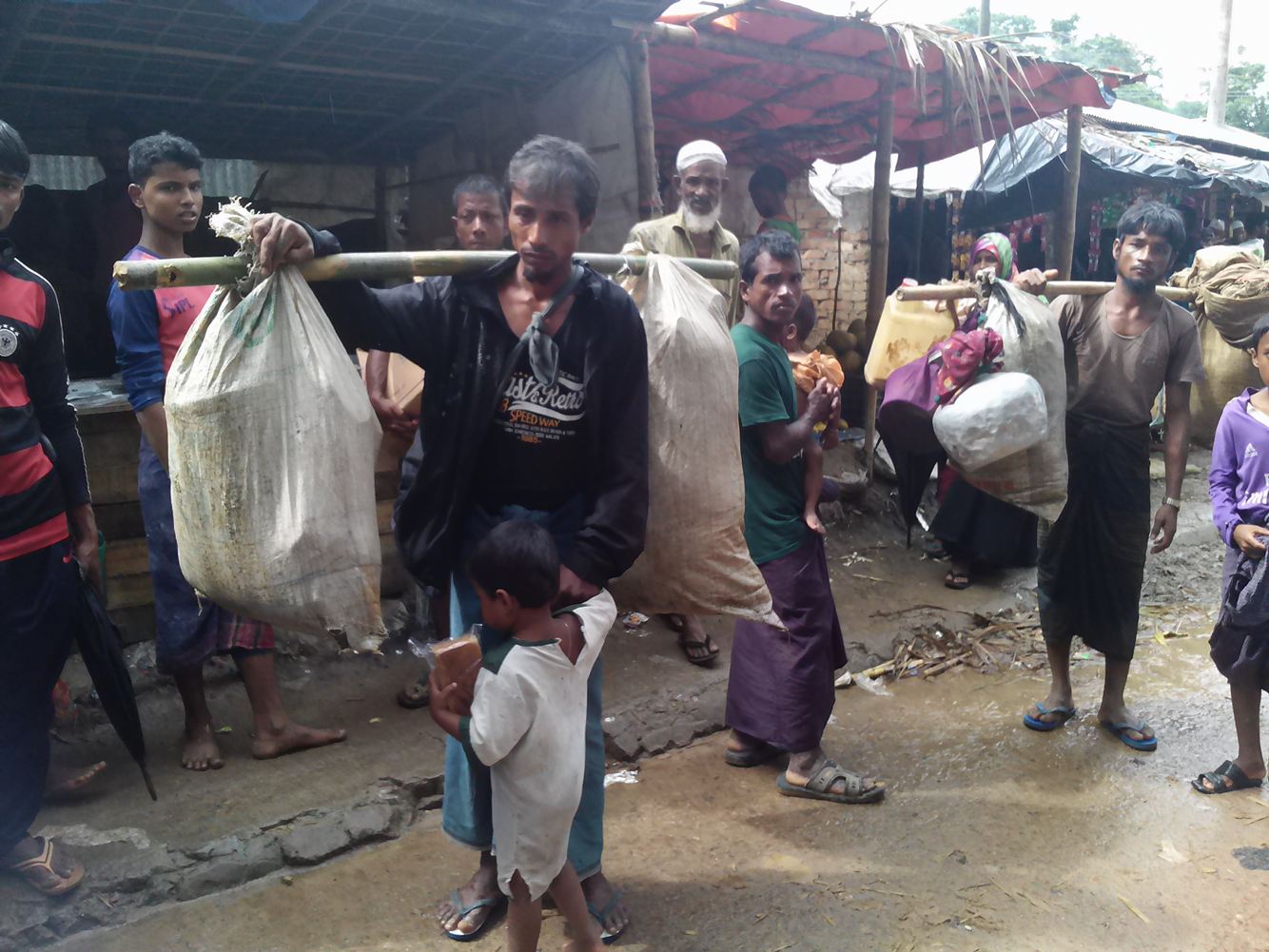
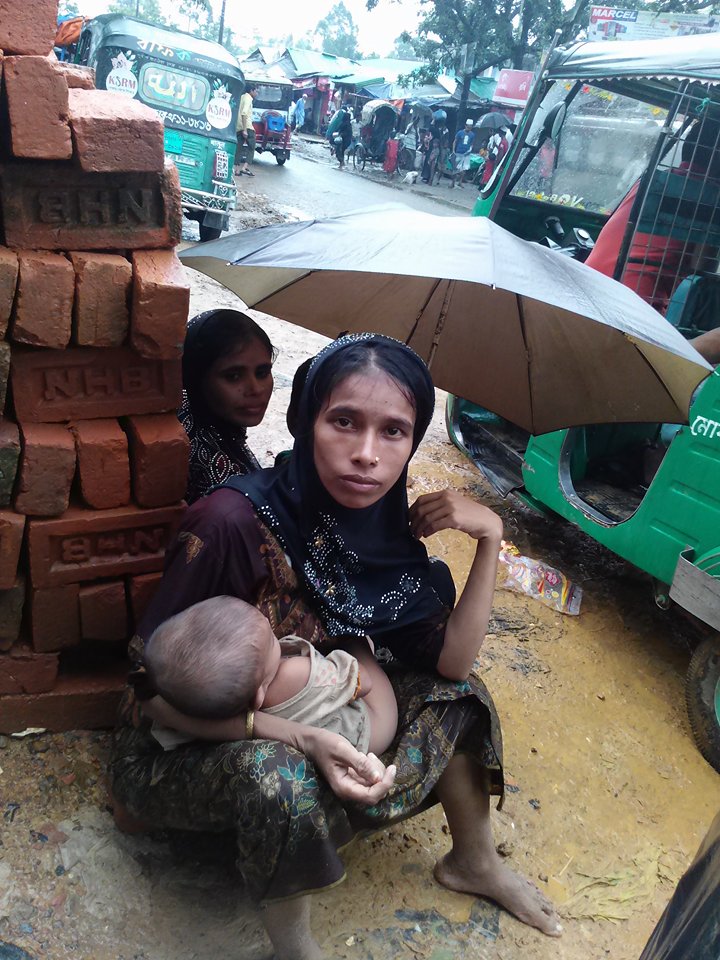
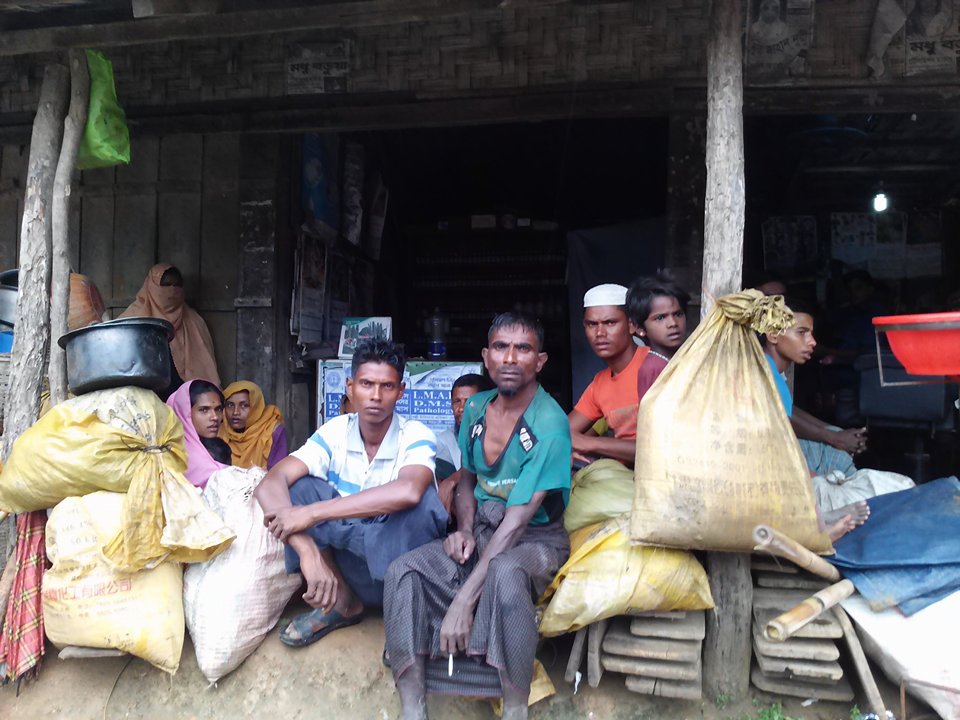
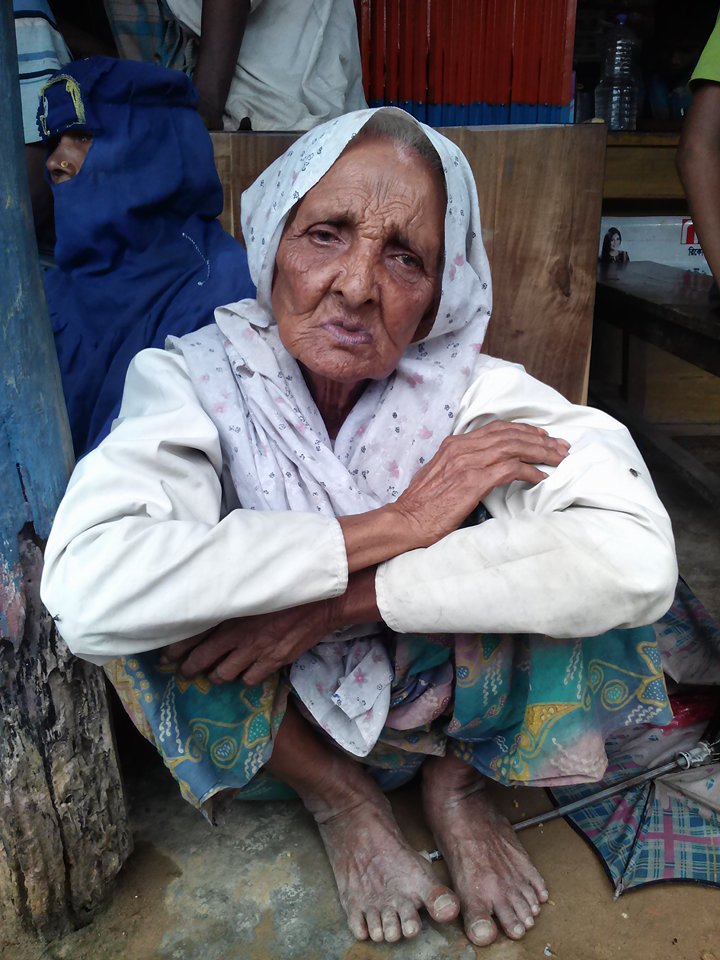
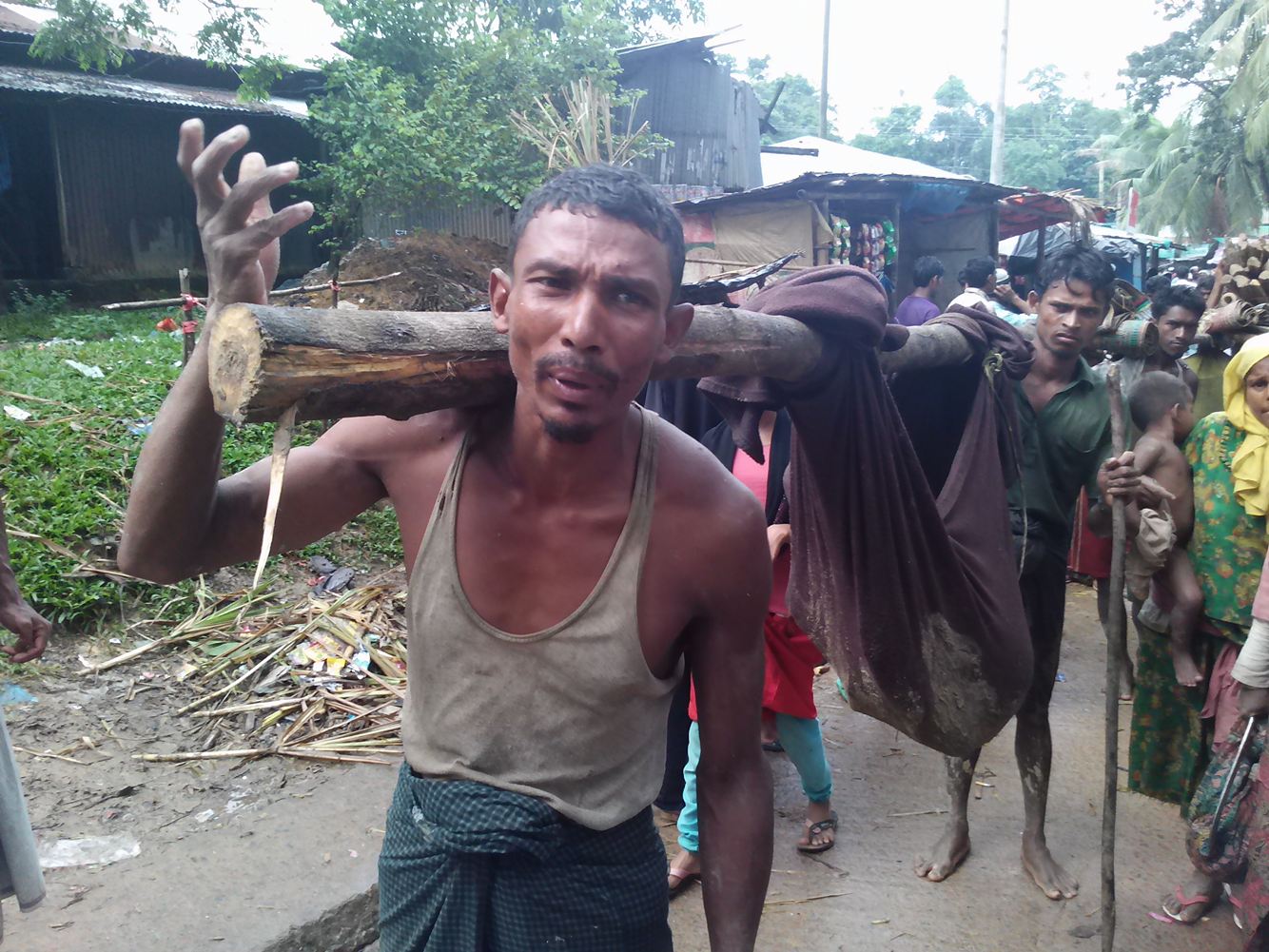
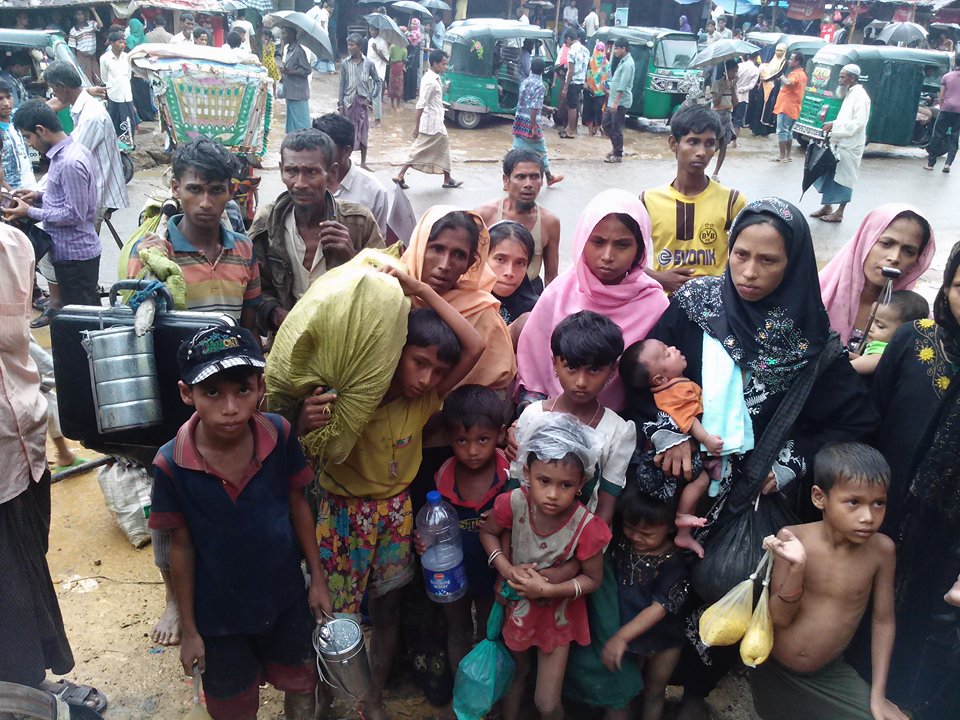

.png)










